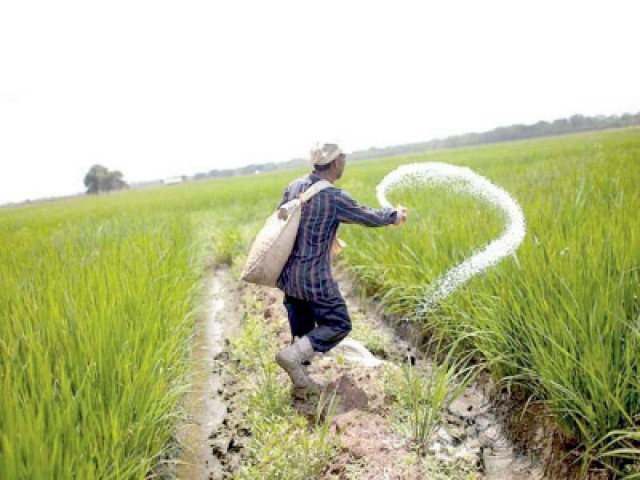Is fertiliser new ‘gold’ for investors?
Cheaper gas, subsidies, increase in demand make it viable sector for long term

Pakistan is often thought to follow Sri Lanka into a sovereign debt default situation and exhibit dismal economic output this year, but the comparison is unwarranted.
The main reason that Sri Lankan economy went on the verge of loan default was the ban on all chemical fertilisers by former president Gotabaya Rajapaksa.
This policy move not only slashed the nation’s food output by 30% to 50% but also increased the price of rice and other grains by a similar percentage. Colombo ended up importing rice using credit lines from India and other friends of Sri Lanka; and has now finally lifted the fertiliser ban after paying a heavy cost.
Now, we see that our fertiliser consumption has been badly hit in July amid monsoon rains and urea sales by major fertiliser companies have plummeted by 50% on a year-on-year basis.
However, this happened after record sales of urea in June 2022, with a whopping 73% month-on-month increase, which is a very healthy sign for the industry.
Urea sales are made in Pakistan at a considerable discount. While local urea prices have increased around 20-30%, the imported urea price has risen more than 300%. This offers an arbitrage opportunity for smugglers as there is an export ban on fertilisers by the major world producers of urea including China, Russia and India (except for a special export exemption for Sri Lanka.)
World economies are increasing their stockpile of fertilisers as urea and DAP are de facto currencies of agricultural economies.
Fortunately, fertiliser companies in Pakistan have sufficient inventories and there won’t be any import needs in the current financial year. This was only made possible due to the subsidised gas provided to the major producers and refusal by the government to allow export of urea for earning foreign exchange.
With the Fertiliser Price Index soaring as the Ukrainian crisis continues and a global trend of hoarding fertilisers for future, our fertiliser stockpile is a kind of ‘hidden’ national wealth.
Subsidies are not a much burden as the government has evened out the cost of subsidies using the GST collection, however, the resource management of gas remains a problem.
If we dig into our fertiliser industry, we can see that most are public listed companies and regularly pay dividend to stockholders.
At present, Fauji Fertiliser Company and Engro Fertilisers are trading at a discount of 7% and 9% respectively as compared to their average value based on a 100-day window.
Keeping in view their earnings potential, most fertiliser stocks with good corporate governance are worth investing in, with an assumption that the State Bank’s policy rate will come down to 7% in a year or two.
Many companies have a high dividend payout ratio, along with an enticing dividend yield in double digits over the past many quarters.
We can safely conclude that the fertiliser industry is as good as gold for an agricultural economy like Pakistan, and cheaper gas, massive subsidies and overall increase in offtake despite recession make it a viable sector to lock investment in for a long term.
The writer is a Cambridge graduate and is working as a strategy consultant
Published in The Express Tribune, August 8th, 2022.
Like Business on Facebook, follow @TribuneBiz on Twitter to stay informed and join in the conversation.



















COMMENTS
Comments are moderated and generally will be posted if they are on-topic and not abusive.
For more information, please see our Comments FAQ